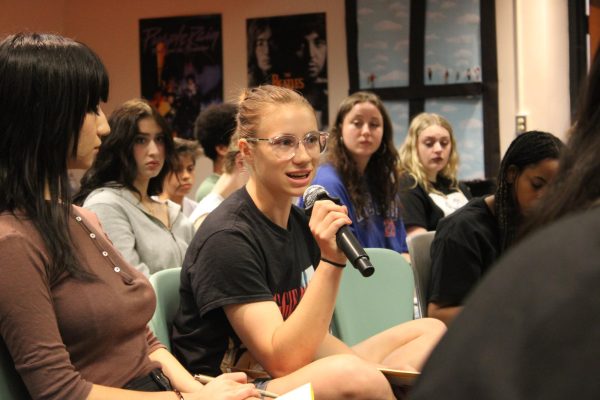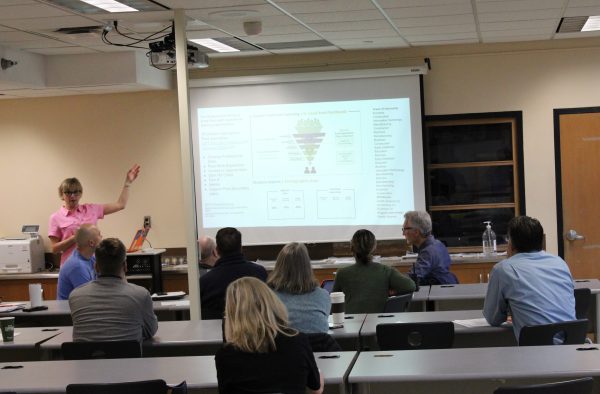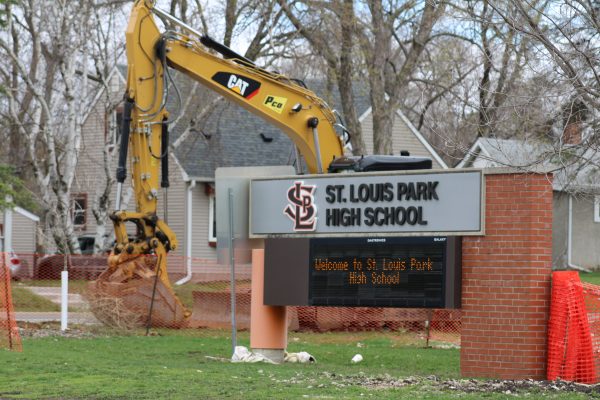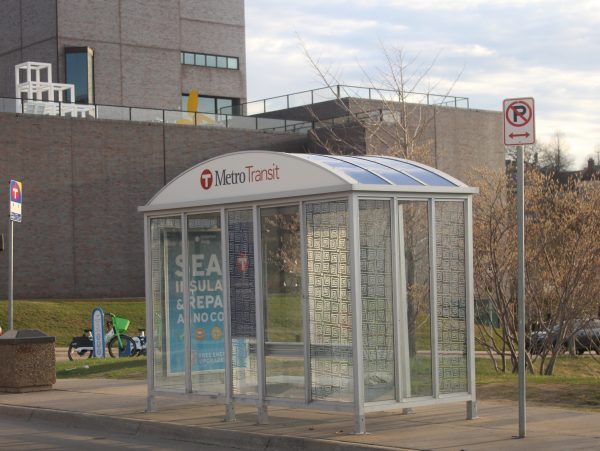Governor launches climate change council
Citizen-led council shows promise
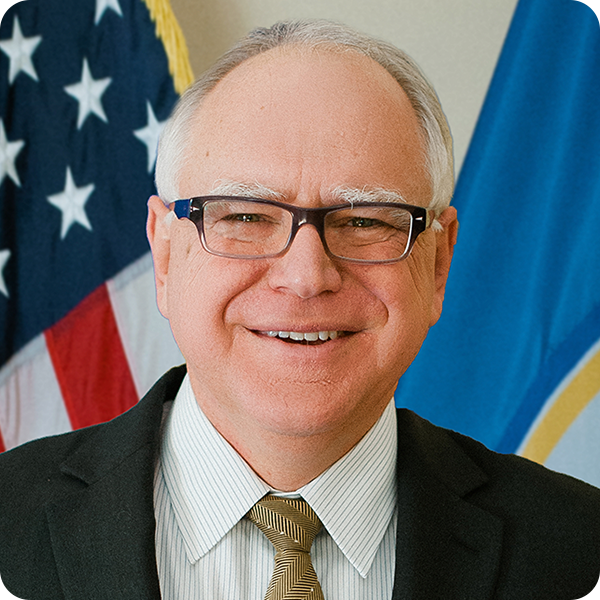
Used with permission by Minnesota Government
December 14, 2020
Gov. Tim Walz appointed 15 new members of the citizen council in September to direct his new Climate Change Subcabinet, a body headed by Minnesota Pollution Control Agency’s (MPCA) Commissioner Laura Bishop. The 15-member council is tasked with finding innovative ways for the state to meet its emissions reduction targets and to adapt to changes.
The council began their first meeting Nov. 30 on a YouTube live stream. Walz first announced the formation of the climate subcabinet in an effort to get Minnesota back on track to meet its carbon reduction targets.
The act’s ultimate objective is to reduce emissions in Minnesota by 80 percent by 2050, and to identify opportunities for policies and strategies to reduce greenhouse gas emissions.
According to Walz, this new council will provide strong strategies for promoting ecological restoration in Minnesota.
“This Advisory Council will explore natural and agricultural solutions to reduce carbon, and promote a green economic recovery in Minnesota,” Walz said.
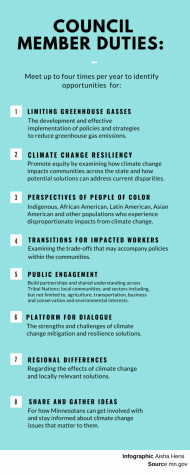
Sophomore Alasia Thammavongsa said the climate change council will be impactful if it helps lower the number of carbon emissions.
“Hopefully it’ll have a good impact (Climate Change Council) if they lower down the carbon emissions and greenhouse gases in the city of St. Louis Park and around the state in general,” Thammavongsa said.
Sophomore Reem Elbassal said the formation of the council is an advancement in combating climate change for the immunity of upcoming generations.
“It’s a big step forward in order to fully combat climate change in our state. Every state should start a climate change council like Gov. Walz did to ensure future generations’ safety,” Elbassal said.
The MPCA has started rule-making on a Clean Cars rule to require automakers to deliver more fuel-efficient passenger vehicles for sale in Minnesota. That means vehicles with ultralow emissions or zero tailpipe emissions, a group that includes battery electric vehicles, plug-in hybrid electric vehicles, and hydrogen-fueled vehicles. Nearly a dozen other states have adopted such standards.
The MPCA is planning to publish its formal notice to adopt the new rule this winter in the state register, opening a new period of public comments and hearings. The final rule is expected to be adopted in 2021.





